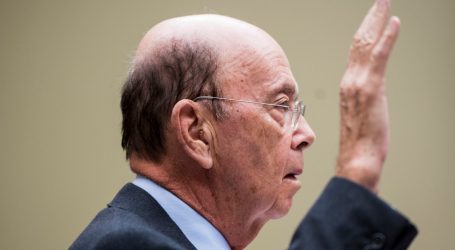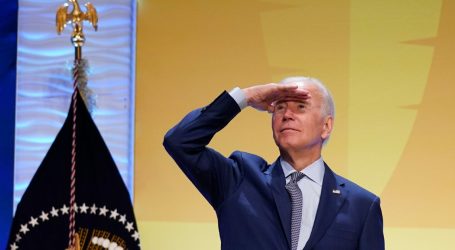GOP lawmaker says Nathan Deal’s top aide ‘threatened’ him
A freshman Republican lawmaker said Gov. Nathan Deal’s top aide warned him he would slash funding to his north Georgia district after he was the sole legislator in the House to vote against the governor’s budget proposal.
State Rep. Matt Gurtler said Deal chief of staff Chris Riley “threatened” him at a Jan. 31 breakfast for first-term lawmakers at the Governor’s Mansion after he told Riley he voted against the spending plan because he opposed subsidies and government interference in the free market.
Gurtler said Riley twice told him: “If you believe that then I will cut all funding to your district.” He said the exchange took place in front of more than a dozen other freshmen lawmakers.
“I am appalled by Mr. Riley’s actions of intimidation and bullying tactics of an elected official,” he said. “His actions were wrong and unethical, and this type of behavior goes against our system of separation of powers.”
Riley, a fierce defender of Deal who has worked for him more than half his life, said he never threatened Gurtler but instead asked him why he voted against funding for his district. He said he specifically challenged Gurtler on his refusal to support 20 percent pay hikes for state law enforcement officers in the spending plan he voted against.
“If he felt threatened by what I asked him and my defense of the governor’s position,” Riley said, “we probably have bigger issues to address than separation of powers.”
Gurtler, a homebuilder from the north Georgia town of Tiger, was a legislative aide for Republican state Rep. Stephen Allison before running for his seat when he decided against a re-election bid.
He defeated a Republican rival in a 2016 runoff to represent the district – a mountainous swath of Georgia’s northeast corner – on a tea party-esque platform with pledges to resist government interference and repeal taxes.
In his short time at the statehouse, Gurtler has emerged as a reliable “no” vote on many measures, including the hospital “provider fee” to shore up Medicaid funding that critics derided as a tax hike and an insurance bill that passed the chamber 172-1.
He has also introduced legislation that would make it legal for most Georgians to carry a firearm without a license, and expand the places where they are permitted to bring weapons.
But it was his Jan. 26 vote against the midyear spending plan – which passed the House by a 173-1 vote – that raised the ire of Deal’s office and other Republican leaders. Gurtler said he took Riley’s words as an affront to his district.
“Not only did Mr. Riley threaten me, he threatened my entire constituency, some 50,000 plus Georgians in the 8th District,” said Gurtler.
State Sen. Josh McKoon, a Columbus Republican who has also infuriated Deal’s office, defended Gurtler in the state Senate on Tuesday. He said Gurtler was victim to a “sick and twisted” culture at the Capitol. McKoon, too, has been on the wrong end of a funding fight with Deal’s office.
The governor has largely had warm relations with the legislative branch since his 2010 election, though his vetoes of controversial measures last year could strain those ties.
His spokeswoman Jen Talaber Ryan said Deal’s office has long prided itself on its ability to work with legislators who disagree with him.
“If meaningful discussions on important issues can’t be had,” she said, “then why are we here?”




